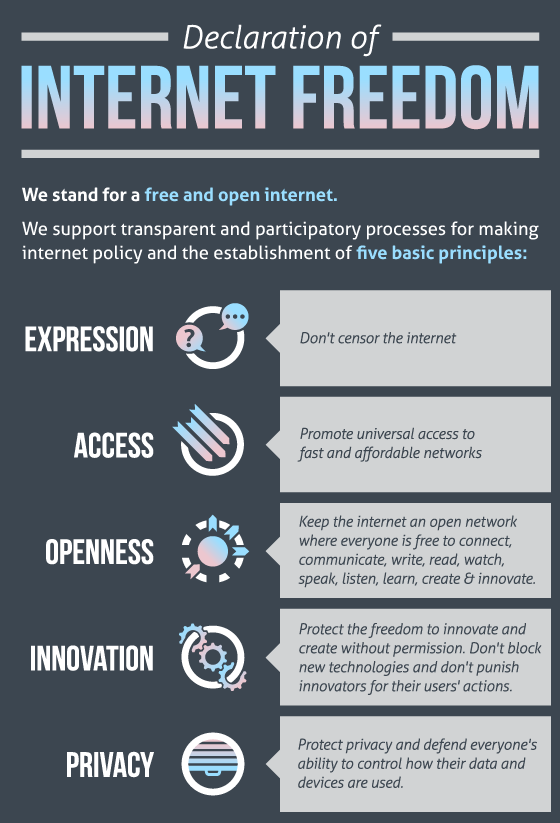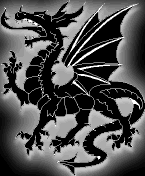 Michael Crichton was one of the first high-profile climate sceptics to refer to environmentalism, in particular in its modern global warming alarmist guise, as a religion.
Michael Crichton was one of the first high-profile climate sceptics to refer to environmentalism, in particular in its modern global warming alarmist guise, as a religion.So I was very interested to read a book handed to me by a friend last week by Crichton, called 'Next'. The book deals with serious ethical issues raised by events in the near future involving biomedical science, intellectual property, genetic engineering and - importantly - scientific fraud in this area.
In part of the book my interest was particularly piqued by a fictional news article, discussing the very real case of major scientific fraudster, Dr.Hwang Woo-suk. It contains several very interesting passages on "peer" (now widely ridiculed in the light of Climategate as "pal") review, with many quotes from a fictional 'Professor McKeown'. Below is the last portion of the fictional article:
"Peer review. All of Hwang's papers in Science were peer-reviewed. If we ever needed evidence that peer review is an empty ritual, this episode provides it. Whang made extraordinary claims. He did not provide extraordinary evidence. many studies have shown that peer review does not improve the quality of scientific papers. Scientists themselves know it doesn't work. Yet the public still regards it as a sign of quality, and says, 'This paper was peer-reviewed,' or 'This paper was not peer-reviewed,' as if that meant something. It doesn't.
"Next, the journals themselves. Where was the firm hand of the editor of Science? Remember that the journal Science is a big enterprise - 115 people work on that magazine. Yet gross fraud, including photographs altered with Adobe Photoshop, were not detected. And Photoshop is widely known as a major tool of scientific fraud. Yet the magazine had no way to detect it."
"Not that Science is unique in being fooled. Fraudulent research has been published in the New England Journal of Medicine, where authors withheld critical information about Viox heart attacsk, in the Lancet, where a report about drugs and oral cancer was entirely fabricated - in that one, 250 people in the patient database had the same birth date! That might have been a clue. Medical fraud is more than a scandal, it's a public health threat. Yet it continues."
'The cost of such fraud is enormous,' McKeown said, 'estimated at thirty billion dollars annually, probably three times that. Fraud in science is not rare, and it's not limited to fringe players. The most respected researchers and institutions have been caught with faked data. Even Francis Collins, the head of NIH's Human Genome Project, was listed as co-author on five faked papers that had to be withdrawn."
"The ultimate lesson is that science isn't special - at lest not anymore. Maybe back when Einstein talked to Niels Bohr, and there were only a few dozen important workers in every field. But there are now three million researchers in America. It's no longer a calling, it's a career. Science is as corruptible a human activity as any other. Its practitioners aren't saints, they're human beings, and they do what human beings do - lie, cheat, steal from one another, sue, hide data, fake data, overstate their own importance and denigrate opposing views unfairly. That's human nature. It isn't going to change."
I do wonder what Crichton may have said had he lived to see Climate-gate and the other tumble of climate related scandals in the last year.
I don't agree with his view of 'human nature', if indeed that is his view being presented in the fictional article. This presented view however puts a lot of the alarmists on the spot. A great many of them tend to align with the misanthropic, big state strain of leftism, complete with suspicion of "big Pharma" etc. Many of them would probably have nodded sagely in agreement with the last two paragraphs of the quoted section. Their misanthropic views of "human nature" confirmed by such incidents, especially where substantial amounts of money are concerned, needing the strong hand of the state on people's shoulders to ensure proper behaviour. These beliefs hang together quite consistently.
However if pharmacology and biomedical science was replaced by "climate science", with its tens of billions of dollars in funding plus the high-profile nature of its findings, how would they compromise such cognitive dissonance given that they give "climate science" a knee-jerk clean pass?
Religious fervour of course.








8 comments:
One of many who criticised global warming (and other globalist projects) to die of cancer.
Odd, isn't it?
"I don't agree with his view of 'human nature', if indeed that is his view being presented in the fictional article."
Curious to know why? It seems eminently sensible to me.
He isn't, after all, saying that all people are like that at heart. Just that within the total population, we will ALWAYS have a percentage who are like that.
Hi !
I read your komment on WUWT today.
"Truth is a hobby" an exellent authentic testimony.I wonder how many of us there are around the world who seeks and value the truth and hate the hypocracy and falshood.I think and hope that a new democracy movment is in its first steps.Here in Sweden many are fed up with the political corect lies.
Ive markt your very nice homepage!
Thank you for your openness!!
@Fausty and Julia
- Sorry for taking so long to respond, had another very busy and all consuming month at work.
@Fausty:
While I think it's entirely possible some of these people have their lives ruined in one way or another, there's no need to invoke a suspicious case of cancer where the incidence of cancer amongst men is so terrifyingly regular.
What really worries me is that the cancer rate has gone up for men to 1 in 2. I'd speculate that part of this is due to the sexism towards men in this area: the new trend of telling men if they are ill that they have "manflu" and it is somehow less important. How is this supposed to encourage men to go to the doctor's with any symptoms - especially as it is one of the complicating factors leading to men's deaths from cancer because of failure to detect it early?
@Julia
"Curious to know why? It seems eminently sensible to me.
He isn't, after all, saying that all people are like that at heart. Just that within the total population, we will ALWAYS have a percentage who are like that."
I'm not sure exactly what Chrichton himself thinks here and how much was just part of the narrative.
I'm very wary of the invocation of "human nature" because it tends to be both lazy and misanthropic. Beyond the most basic survival needs I think humans are very changeable and can always choose to do otherwise. It's also one of those terms, like "capitalism" that is often used as a vague hold-all for all the bad things in the world.
Too many misanthropes are quick to invoke "human nature" as an excuse for inaction and unnecessary cynicism too. This isn't to say I don't see a major role for looking at incentives and predicting how they may encourage large groups of people to behave, however I'd always do so with the understanding that lots of people will choose to do otherwise contrary to what the pop social scientists and psychologists may say.
@slabadang
Hi there! Thanks for dropping by and commenting. It was quite comforting to see so many responses @ WUWT on this topic, especially from some of the older researchers / scientists.
It's great to hear from people who feel the same way. It makes these exercises in imposing hegemonic thinking at academic institutions a little easier to bear and resist! I hope it does begin to change soon, and it will if enough of us are able to communicate like this.
Sorry folks, I've replied to all of you and my dasboard shows the comments as still there, but here on the blog they have disappeared for some reason....?
FYI re "mens" cancer... (if we realize bad peer review occurs in every science, can we believe that "difference" between mens cancer and womens may not exist?) :-)
just saying...
But there's hope: http://www.dietdoctor.com/cbs-using-a-ketogenic-diet-to-starve-cancer
Post a Comment